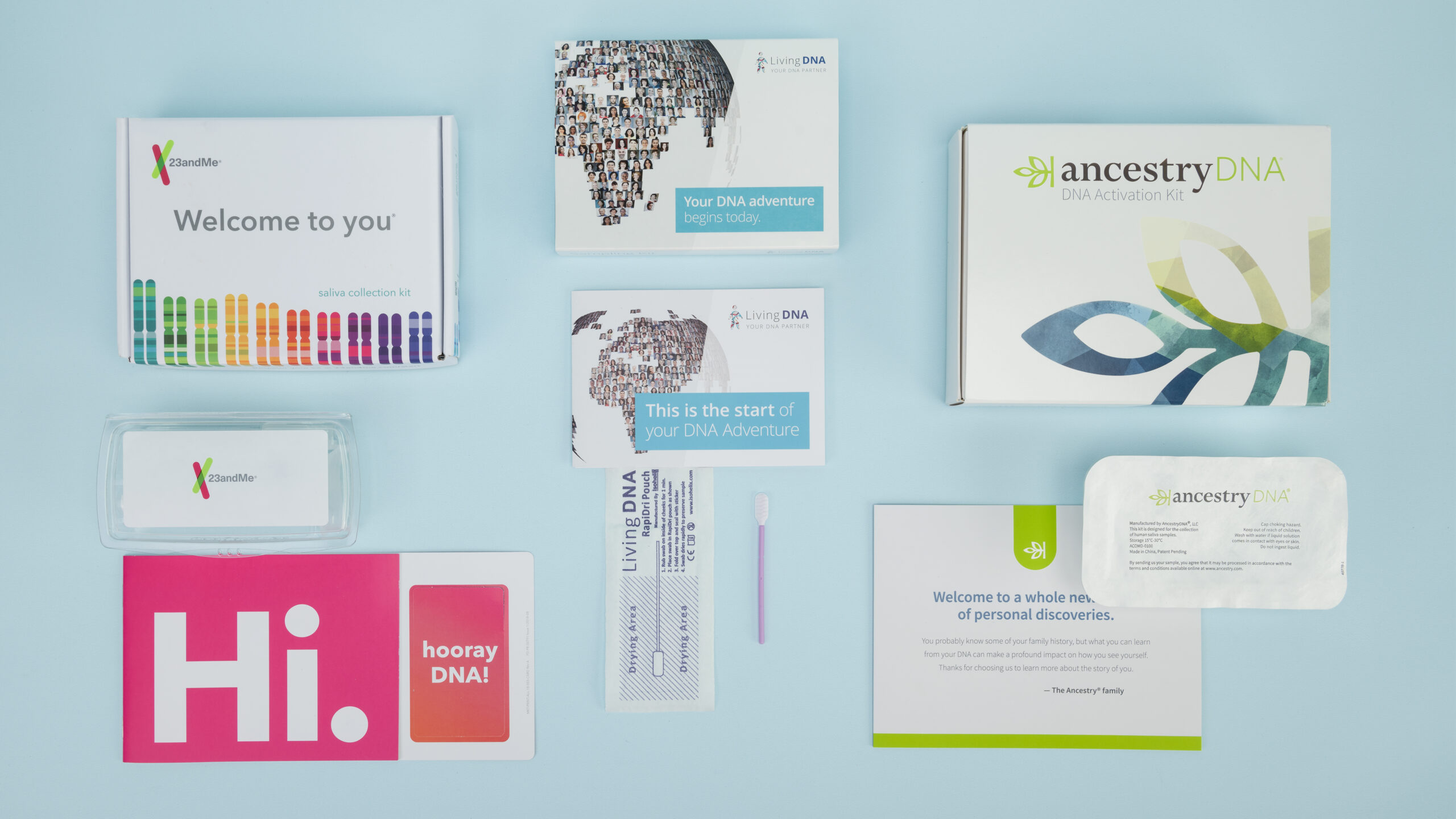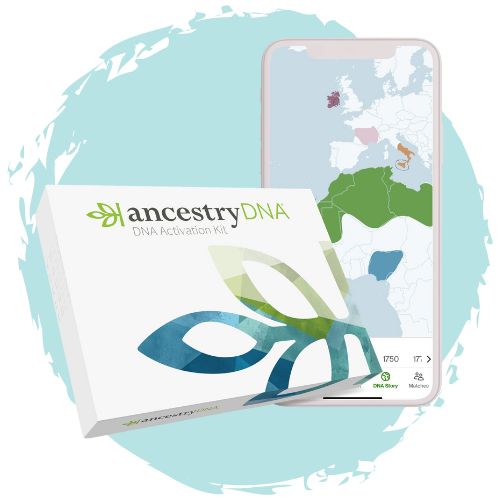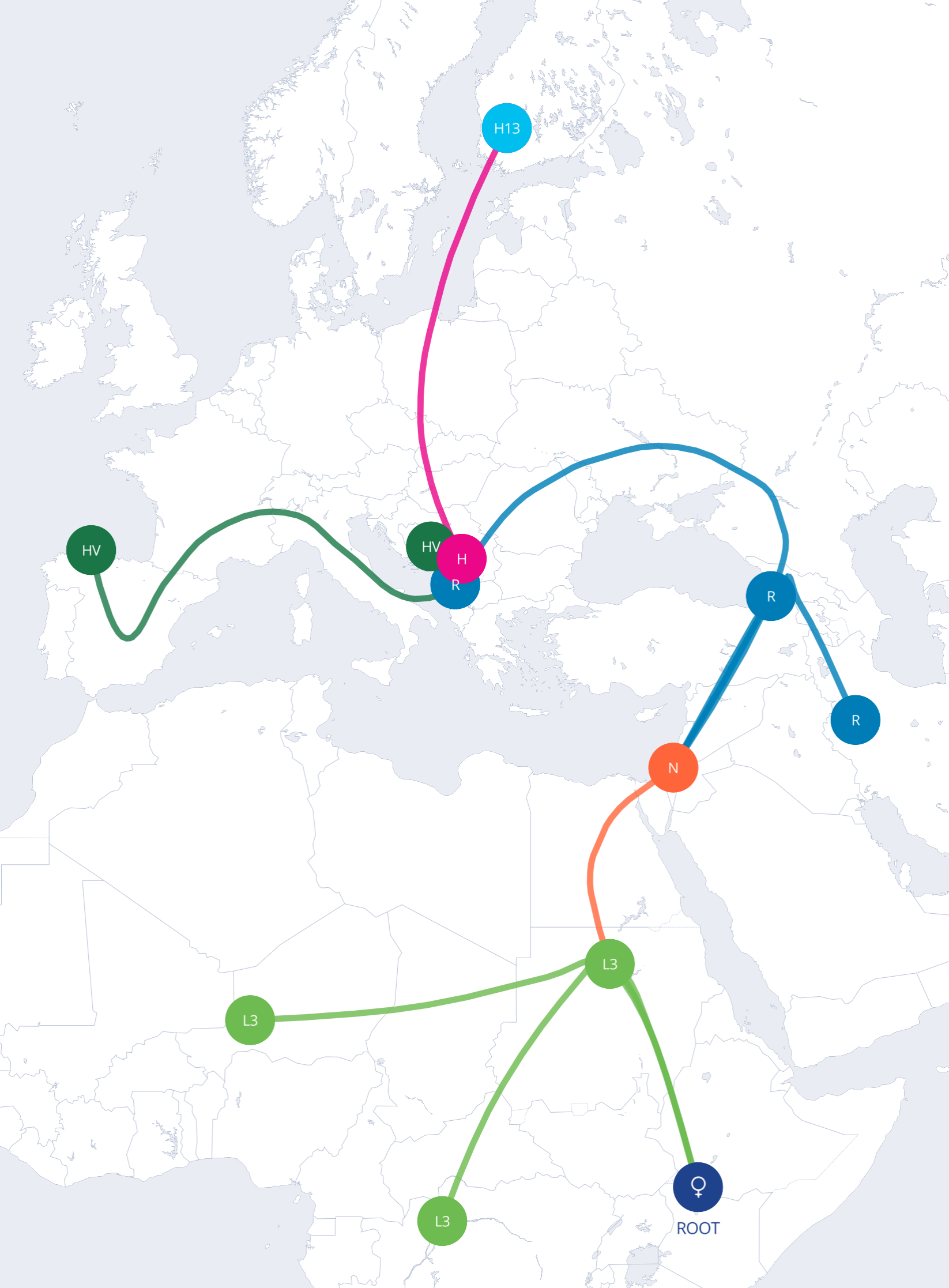In This Article

Genetic testing costs vary depending on the type of test you’re taking. They can cost you anywhere between $90 to over $2,000 per test.1 Costs can add up if you take more than one test or if other family members are required to take the same test.1
One way to fund these tests is through health insurance—but not every insurance company operates the same.
While health insurance companies sometimes cover the total cost of genetic tests administered by your healthcare provider and in labs, they don’t usually cover at-home DNA test kits.2
It’s best to ask your healthcare provider about your insurance coverage, payment plans, and other added costs that you have to pay on top of the insured amount.
You can also pay for genetic testing instead of relying on your health insurance plan.2
Know Your DNA Reviews

Don't miss out on the opportunity to learn more about yourself. Read our best DNA test page to find the best one for you.
Genetic testing examines your DNA to identify changes—like genetic mutations or variants—that may cause disease or increase your risk for genetic disorders.
Since deoxyribonucleic acid (DNA) is a genetic material that you inherit from your parents, it may also provide clues about your other genetic traits.
Genetic testing can help you:3,4
Some genetic tests also assess your carrier status or likelihood of passing on certain illnesses to your future offspring.3
Others can detect abnormalities in babies (like chromosomal conditions) before or shortly after they are born.3

Your DNA is your body’s instruction manual. It dictates the many functions that make you up and help you thrive—including how proteins should be made.
When grouped together, your DNA makes up chains called chromosomes.
Your genes, chromosomes, and the activity level of proteins in your DNA contain information about your ancestors, physical traits, behavior, and health.
Depending on the type of testing you’re taking, it can tell you about any:3,4

Source: 123rf
There are two basic kinds of genetic tests:
These tests can be further categorized based on what they measure (like your genome or a single gene variant).
There are also different types of genetic tests based on their purpose (such as ancestry testing and paternity testing).
Below, we’ll cover the types of medical and at-home genetic tests based on how the tests are performed and the markers they test for.
These tests are ordered by doctors, often for medical reasons. They can determine whether or not a person has a genetic disorder or if they are at higher risk for certain conditions.5
For instance, a doctor will start medical care by ordering colon cancer screenings if you have a personal or family history of colon cancer or polyps.
Other tests can confirm your biological relationship with a suspected relative—like a father, mother, son, daughter, uncle, or aunt.
Medical genetic tests can also be used to identify people for legal reasons—like a crime suspect or someone who can’t be identified by other means.
This test looks for genetic changes in one or more genes. Also known as a molecular genetic test, it checks the order of the nucleotides (DNA building blocks) that make up a person’s genetic code.
Here are the six types of DNA sequencing tests:5,6
| DNA Sequencing Test | What It Looks For |
|---|---|
| Targeted single variant test | A specific variant in a single gene |
| Single gene test | Genetic variants in a single gene |
| Gene panel test | Genetic variants in several genes |
| Whole exome sequencing (WES) test | All genetic variants found in exomes that make up a person’s genome |
| Clinical exome sequencing (CES) test | Only genetic variants found in exomes that are related to disease |
| Whole genome sequencing (WGS) test | All genetic markers found in genomes that make up a person’s DNA |
As its name implies, a chromosomal test looks for massive DNA changes across a person’s chromosomes. It identifies chromosomal abnormalities, such as:6
Chromosomal problems have been linked to conditions that affect a person’s growth and development.
For example, trisomy 21, an abnormality that results in three copies of chromosome 21 instead of just two, causes Down Syndrome.
A gene expression test checks the messenger ribonucleic acid (mRNA) cells in your body and identifies genes that are turned on or active.
Genes that are too active (overexpressed) or have too little activity (underexpressed) suggest the presence of genetic diseases like cancer.

Instead of analyzing your DNA, this genetic test looks at the number of proteins or enzymes produced by your genes.
Overproduction and underproduction of certain enzymes and proteins suggest changes in the DNA. These may be signs of a genetic disorder.
Healthy individuals usually take these tests to explore their DNA.5 At-home kits that look at your ancestry usually perform these tests:7
| At-Home Genetic Test | What It Looks At |
|---|---|
| Y-DNA test | The Y-chromosomes, which fathers pass on to their sons (patrilineal) |
| mtDNA test | Mitochondrial DNA, which mothers pass on to their children, regardless of sex (matrilineal) |
| Autosomal DNA test | Autosomal chromosomes, which parents pass to their children (matrilineal and patrilineal) |
Some at-home genetic tests, like paternity kits, perform DNA sequencing.8 Others, like 23andMe, use genotyping to identify a person’s genetic variants.9
DNA tests that help you find relatives or confirm biological relationships may require a close family member (like a parent or sibling) to take the same test for more accurate results.
The process is different for medical and at-home genetic tests.
At-home DNA tests are more affordable and accessible since they don’t require the approval of your doctor or health insurance company.12
They also offer personalized information about your ancestry, traits, and health.12
However, medical genetic tests provide a more reliable way for diagnostic testing and detecting changes in your DNA that either cause or increase your risk for certain diseases.

Here are other benefits of DNA testing:
Genetic testing poses some risks, though it depends on the test you’re taking.
Clinical genetic tests have a few safety risks. And they’re often linked to more invasive methods.
For example, pregnant women who take prenatal genetic tests have a small risk of miscarriage because they require samples from around the fetus.14
Most of the potential risks are associated with a person’s emotional, social, and financial well-being.14
A possible scenario is it can reveal information about relatives and cause anxiety, guilt, anger, and depression within the family and members who took the test.

At-home DNA kits are generally safer because they involve non-invasive procedures. However, they aren’t usually regulated.
The privacy of your genetic data is a common concern. People often worry that DNA testing companies sell genetic data or share personal information with third parties like employers and private insurers. This can affect your employment, salary, and insurance coverage.
While there are some private DNA tests we recommend, hackers might gain access to your data and compromise your privacy.
At-home tests also do not actively involve genetic counseling. So you might make decisions based on misinterpreted, incomplete, or inaccurate information12—unless you take your results to a genetic professional.

For the most part, genetic tests are very accurate. Medical genetic testing can be a reliable way of finding out which genetic variants you have (and don’t have).
These tests are performed in genetic testing labs that comply with the Clinical Laboratory Improvement Amendments (CLIA)—ensuring their clinical validity.15
The accuracy of at-home genetic tests in determining your ethnic origins and genetic risks or finding relatives is unfortunately limited.
The size of a company’s database and testing method may affect the accuracy of your results and limit the number of health risks or potential family members they can find.
While most genetic testing labs that work with at-home DNA companies are CLIA-certified, some of them are not.15
If you take an at-home test to check for health risks, you may need medical testing to confirm your DNA results.12
Our team looked at over 10+ genetic kits and compared them based on the size of their DNA database, their testing method, and the results they provided.
We recommend AncestryDNA for determining your ethnic origins and finding relatives. The company has a large user database to compare your DNA with, which increases your chances of finding a genetic match.

It can tell you where your ancestors come from and trace their migration routes.
But if you want to learn more about your DNA, our top pick is 23andMe. It provides personalized reports on ancestry, health risks, and various traits.
23andMe traces your ancestors from more than 2,750+ regions across the world.
It provides more than 80 reports on how your genes influence your lifestyle, health risks, and carrier status for some genetic disorders.

Know Your DNA Reviews

Looking for a DNA test that's accurate and can tell you about your health and heritage?
